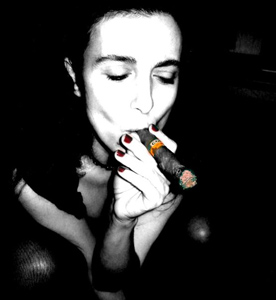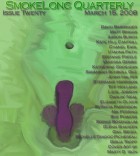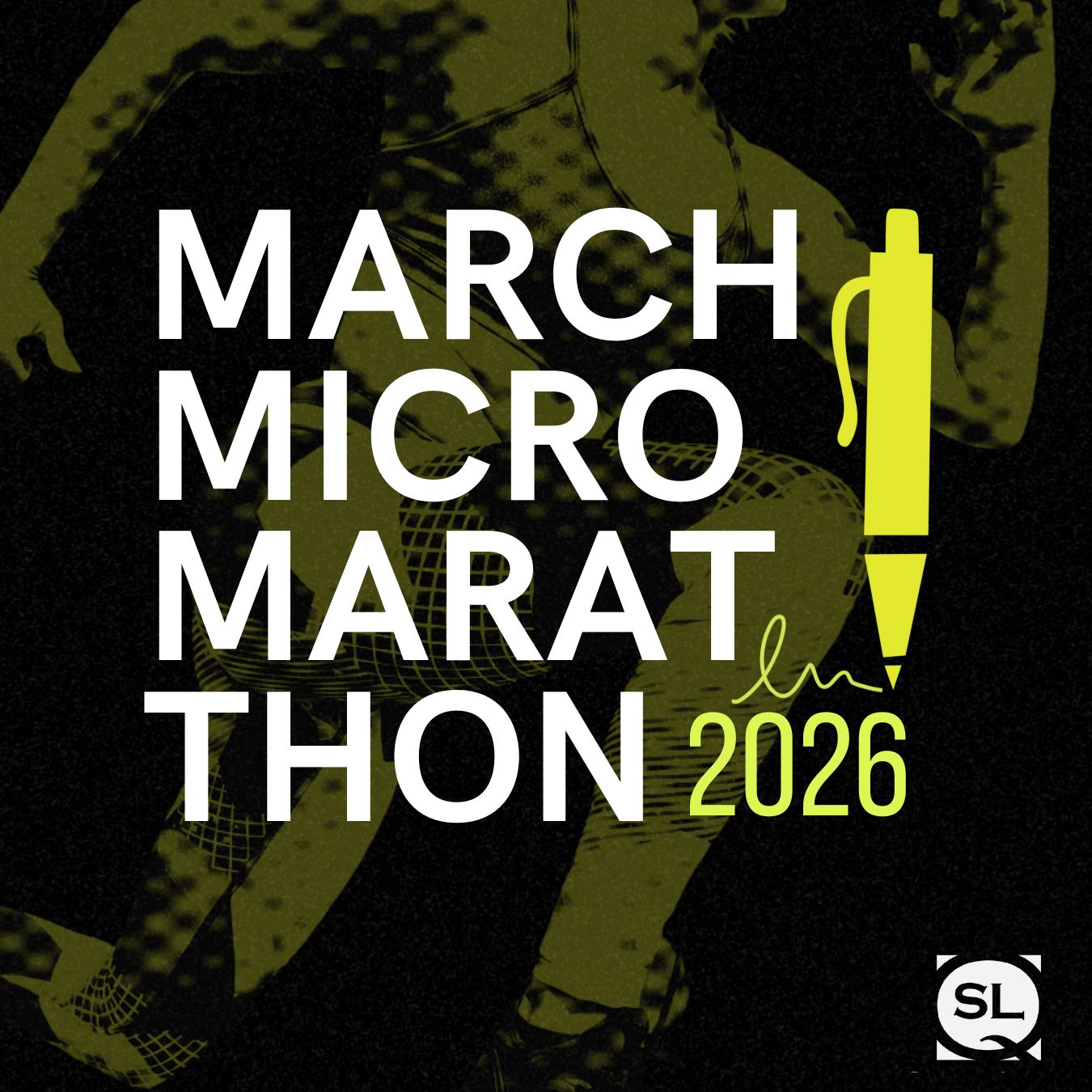Different schools of thought exist regarding what flash fiction should be. Some maintain that good flash should adhere to the same narrative structure as the short story. That is, it should have a beginning, middle, and end, with conflict and resolution. Others find language to be the most important aspect of flash, much like it is in a good poem. What is your take on what flash should be? Where does “Tinder” come in?
It seems to me that a piece of flash fiction where language is the most important element is really a prose poem. Flash fiction isn’t only about language, but about telling a story. Some times the story can be alluded to, or evoked, more than it is told, and other times readers are given only a beginning, or ending, and forced to extrapolate the rest. But in any case, writers of flash fiction are storytellers.
There is a sense, for me at least, that “tinder” indicates more than the pages that serve as kindling for the fire. Something else is stirring, on the verge of igniting. Something that is never exposed, but can be perceived beneath the surface. In this way, your title *works* for you. Talk about the process of titling, this story and in general.
In a story that is only a page (or a paragraph) long, the title is very important. And to me, a good title does two things: adds meaning to the story, and establishes a tone for the reader. I played with several titles for this piece. One of them was “Book Burning, which doesn’t add anything to the piece and feels very violent and negative. I wanted something more innocent and calm. “Tinder” not only hits the right tone, but also gives the reader additional information about why this book is being burned and inspires the reader to think of meanings beyond the literal one.
Part of what attracted us to this story, in fact, was the details that went unsaid. How do you decide when enough is enough, or when to give a piece more?
I don’t decide. I just try to write the kinds of things I would like to read. And I love reading pieces which let me add in a few of my own details.
You’re an editorial assistant at the Wasatch Journal. Tell us about the journal and your work there.
The Wasatch Journal is a quarterly journal and a sister publication of the Big Sky Journal. One thing I like about the magazine is the writing; it is interesting and timeless. Unfortunately, my internship with them is over, but I enjoyed seeing the inner workings of the magazine world. I helped organize a short story contest, wrote an article for the magazine, learned a whole lot about copyediting and met some great people.
While reading through the annual Kathy Fish Fellowship applications, I was struck by the number of writers who were using flash as, to paraphrase, a means to an end. Most people weren’t writing flash because they loved the form, because it took them places other types of fiction didn’t. Instead, they were using it as a gateway into longer works—short stories, short story collections, novels. As a champion of flash, I found this discouraging. Is flash fiction less satisfying, in terms of either writing or reading, than longer works? Or is it that the markets still haven’t accepted flash as a legitimate form? Why do you write flash, and where do you see it taking you?
I write flash because I can’t help it. Before I had ever heard of flash fiction I was writing it. My notebooks are full of short snippets of conversations and paragraphs describing characters who probably couldn’t sustain a 400 page novel.
I read flash because I enjoy it so much. I marvel at the power one page can have. I love the raw force that a good piece of flash fiction exerts over my emotions and my intellect. And I definitely don’t think that flash fiction is easier than other forms of writing. It may take less time than writing a novel, but one paragraph in a flash fiction piece is more difficult to write than one paragraph of a novel.
I don’t really know much about the market yet, but I know that flash is a worthwhile and satisfying genre. And as to where it will take me: anywhere I want. Right now, I am happy watching that gardening book burst into flames over and over again.



 In its third year, The March Micro Marathon will be, as usual, a prompt-a-day whirlwind for 24 days. You’ll exchange drafts of micro fiction, non-fiction, and prose poetry in small groups and gather for a series of online events (all recorded for participants unable to attend live). We’ll finish with 3 competitions, and participants who are not already in SmokeLong Fitness will be invited to workshop with SmokeLong Fitness until the end of April!
In its third year, The March Micro Marathon will be, as usual, a prompt-a-day whirlwind for 24 days. You’ll exchange drafts of micro fiction, non-fiction, and prose poetry in small groups and gather for a series of online events (all recorded for participants unable to attend live). We’ll finish with 3 competitions, and participants who are not already in SmokeLong Fitness will be invited to workshop with SmokeLong Fitness until the end of April!